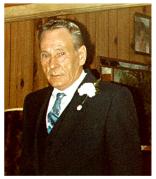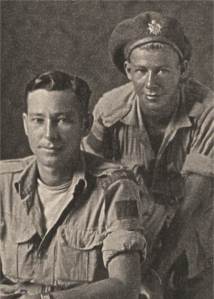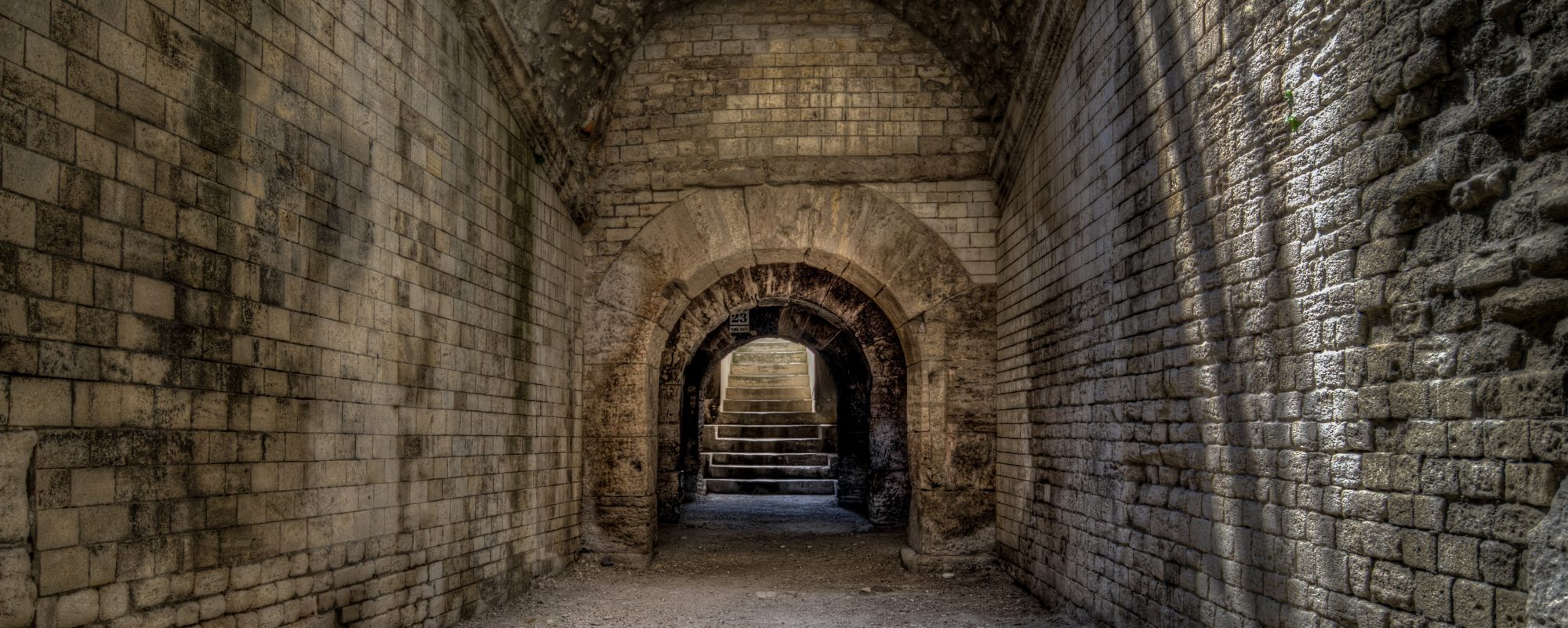 An essay I wrote shortly after my youngest child was born, 2003:
An essay I wrote shortly after my youngest child was born, 2003:
It was the scariest day of my life. I was strapped to an operating table with an IV in my arm surrounded by several doctors. Every few minutes the blood pressure band around my left bicep became excruciatingly tight. I held my breath until the band reached its maximum capacity and started to release its air.
The doctors were preparing me for a C-section. My third child was side ways in the womb and could not be turned. To make the situation worse, since he was sideways, the incision would not be the normal horizon cut most women enjoyed. It would be vertical through many stomach muscles.
Going in, I knew that any future pregnancies would also end in a C-section because the womb and muscles would be too weak to support a natural birth. What I didn’t know was that for weeks afterward, I wouldn’t be able to talk loud, cough, sneeze or laugh. The pain would be acute and even two years later, when this child would step on my incision, a sharp pain would shoot through my nerves.
I prepared, reminding myself that I would feel no pain during the procedure. However, I also realized some women didn’t survive C-sections. I was worried for my two young children who were staying with my sister during the birth. Would I see them again?
Finally, I decided I couldn’t worry about these things. I had to mentally remove myself from the operating room. I decided to put myself in the worse place I could think of because my philosophy when life deals a hard blow is that it could be worse.
The worse place I could think of was a trench just before the signal was given to go over and attack the enemy. Along side me for support was my father, who had died 13 years earlier.
My father, Stephen Ellsworth Tibert, served with the West Nova Scotia Regiment during the Second World War. He had been on the front lines in Italy, Belgium and Holland. Often I had wondered how he had felt at different times of the war. From reading several personal accounts of war veterans in Italy, and watching dozens of documentaries, I used all my imagination to conjure up a realistic battlefield.
And there I was beside my father. Dawn was approaching and somewhere in the distance a bird sang. I stared at my boots and thought about going over the trench wall and facing the mortar and machine gun fire. Would this be my day? Many soldiers didn’t make it past their first battle.

I reached down with a stick and knocked the caked on mud from my boots. I would be able to run faster without the ten pounds slowing me down. I felt a nudge on the shoulder. It was my father. He held out the stub of his cigarette to me. Little did he know that decades later the smoking he did to calm his nerves would give him lung cancer and claim his life.
I reached for the smoke, giving a nod. My father’s narrow eyes gave away no secrets. He was a battle-hardened soldier who had lost his best buddy just days beforehand. They had been sitting in a trench similar to the one today when the firing began. How he had survived, he didn’t know.
I began to feel nauseous. I was going to throw up. The thoughts of all the fighting and death were making my stomach roll.
Suddenly, I remembered where I was and that the anesthesiologists had told me to let him know if I felt like throwing up. I assured myself that I could hold it in. I would be brave. I would return to the trench and wait with my father.
But then my stomach really began to roll. It didn’t feel natural. There was a lot of pressure in the lower part of my belly. When I told the anesthesiologists, he immediately shot morphine into the I.V. to ease my stomach. Appropriate, I thought. Morphine was the drug that kept my father going for the last three months of his life as cancer consumed his lungs.
No, the Germans couldn’t do it, but cancer, a disease so far from his mind that day in the trench had placed his helmet on the butt of his rifle.
As we sat together, exchanging brief glances, we waited. Soon, it would be over. The anticipation of what was to come was playing havoc on our nerves – more on mine then his, I could see. Still, I could sense a little uneasiness though I knew he had done this dozens of times before. He was ready. I was not.
Regardless, it happened. I heard the cry and I opened my eyes. “A son,” someone said in the distance. The squirming baby, covered with blood and other body fluids, was placed on my chest. For a moment, I saw life in its raw, unbridled state. As fresh and as clear as a frosty, crisp morning in the middle of January with the sun just below the horizon.
Then he was gone and the clean up began. The sounds of gurgling fluids and strange pressure felt below the chest was something I hoped to never hear and feel again. One last time, I returned to the trench. It was time. I could say nothing to quell his fears because I was just an apparition and he could neither see nor hear me. Or could he? Either way, I had to try and return the favour.
Weeks earlier, my father had been the apparition, visiting me while I slept restlessly. In my dream, I was on a Gurney, rolled into a make-shift hospital. Looking past my swollen belly, the blood-covered sheets made me shiver. Someone touched my hand and when I looked up, I saw my father. He patted my hand and said, “everything will be okay”.
The dream soon ended and when I woke, the strong feeling that I had been visited through the night by something more than the average dream stayed with me for many weeks afterwards.
As the signal was given to go over, I looked at my father one last time. “Everything will be okay,” I said. He seemed to understand or at least I hoped he did and then he was gone. I returned to the operating table where life began for a little boy who would be a namesake for my father and carry on the Ellsworth name.
…happy father’s day, Dad. (1922-1989)

A wonderful heartwarming story (wipes away tears). Thnaks so much for sharing Diane.
LikeLike
Thanks, Darlene. I can’t read it myself with crying even after all this time.
LikeLike
That made me cry, you are a wonderful writer I loved this.
LikeLike
Thank you, Karen. I do too, every time I read it because it reminds me of that feeling, that dream, that day.
LikeLike
What a lovely story, Diane. Thanks for sharing it with us.
LikeLike
Thanks, Laura. I can’t believe it’s been 23 years since I’ve seen him.
LikeLike
My dad has also been gone that long. It will be 24 years in August. Strange, because we carry them with us as if they’re still here.
LikeLike
That was very touching, so beautiful. Thanks for sharing.
LikeLike
Thanks, Marilyn. Dad was one of a kind.
LikeLike
I am so moved that I don’t even know what to say, except thank you for sharing your amazing story. You are a star writer!
LikeLike
Thank you for your kind words, Mae.
LikeLike
very good diane,well said,our dad..
LikeLike
Thanks, Ronnie.
LikeLike